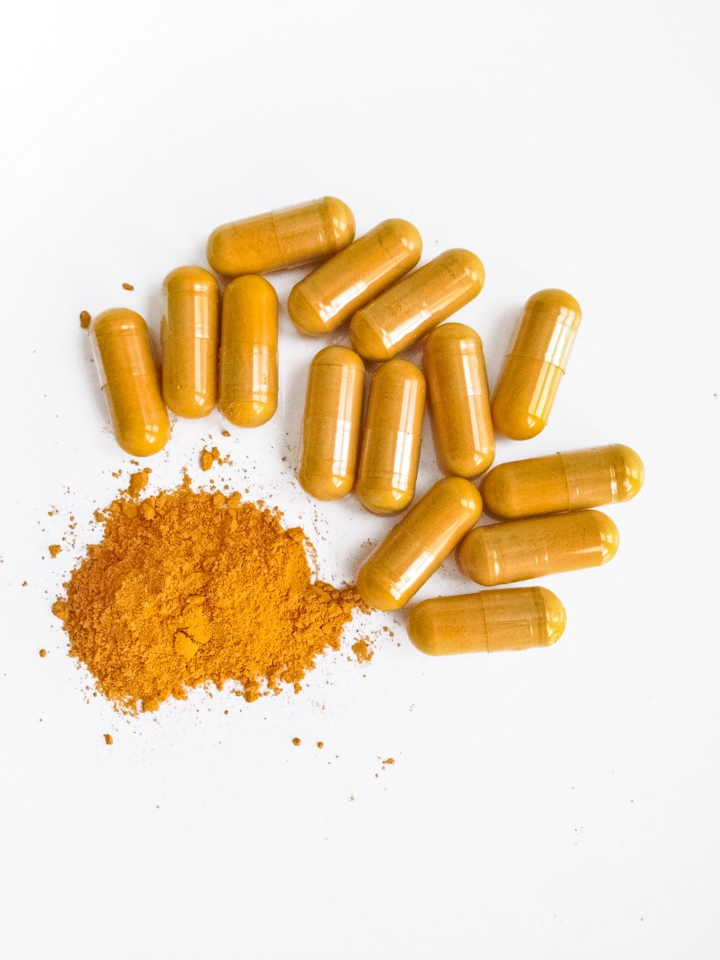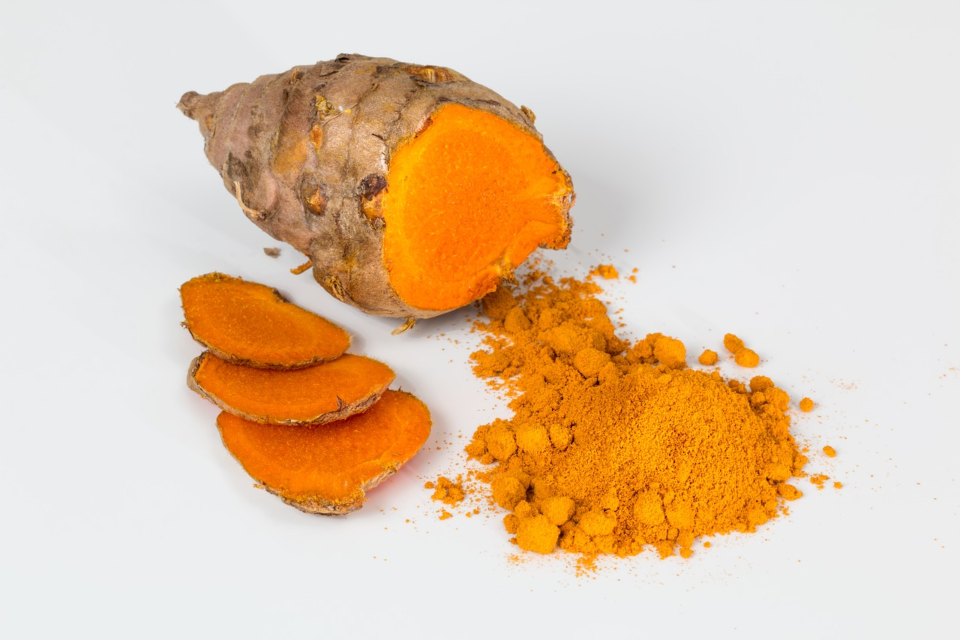by Dr. Noel Peterson, ND, DAAPM
Curcumin is one of the active compounds in turmeric root. A new study highlights why you should not waste your money buying non-absorbable curcumin or turmeric supplements. Instead, a new highly absorbed form of curcumin has been proven to improve brain function and reduce amyloid plaques that cause Alzheimer’s disease.
The recent 18-month double blind study by Gary Small and colleagues, [1] was published in the American Journal of Geriatric Psychiatry. It showed something really interesting. It was the first study that used a randomized trial design in a group of 40 patients (aged 50 to 90) with early onset memory loss. Patients received either placebo or the specific type of curcumin formulated into very small nanoparticles. All patients were evaluated for cognitive function and given PET scans at the beginning and at the end of the study.
Why is this important? In the past, studies found that curcumin is poorly absorbed. For example, several years back, John Ringman and colleagues [2] published results in a group of patients with Alzheimer’s disease, in which they found that curcumin was not effective for delaying or helping symptoms in any way. But when they looked at the patients’ blood, they found that none of the health food store curcumin was getting absorbed!
This new form of curcumin is both water soluble and fat soluble, and is absorbed about 30 times as well as the curcumin you can buy in the store. The health food store non-absorbable forms of curcumin showed no benefit.

When Dr. Small performed his trial, he used the absorbable nanoparticle curcumin. Remarkably, not only did the patients who took 2 capsules daily of the nanoparticle form of curcumin have improved memory function at 18 months, but PET scans actually showed reduction amyloid deposits in the specific parts of their brain that are correlated with Alzheimer’s disease.
Can curcumin be used to prevent Alzheimer’s disease? When it comes to risk reduction, there are several reasons why curcumin would have benefit. Overall, it reduces inflammation in a variety of conditions, from cancer to arthritis. When you calm down the inflammatory pathways in the brain, you press the brakes on amyloid deposition, and prevent Alzheimer’s disease. That’s good enough for me, and that’s why I take our highly absorbable curcumin every day.
One other note: cooking turmeric root with fatty foods can actually increase its absorption. Maybe that is how turmeric gained its favorable reputation as both a culinary and a healing herb in traditional cultures. Do not waste your money on non-absorbable curcumin or turmeric formulas. Instead, contact our office to get the same cost-effective curcumin used in this study.
References:
1) Small GW, Siddarth P, Li Z, et al. Memory and brain amyloid and tau effects of a bioavailable form of curcumin in non-demented adults: a double-blind, placebo-controlled 18-month trial. Am J Geriatr Psychiatry. 2017 Oct 27.
2) Ringman JM, Frautschy SA, Teng E, et al. Oral curcumin for Alzheimer’s disease: tolerability and efficacy in a 24-week randomized, double blind, placebo-controlled study. Alzheimers Res Ther. 2012;4:43.
Photos by Steve Buissinne and sarahisaghost on Pixabay



